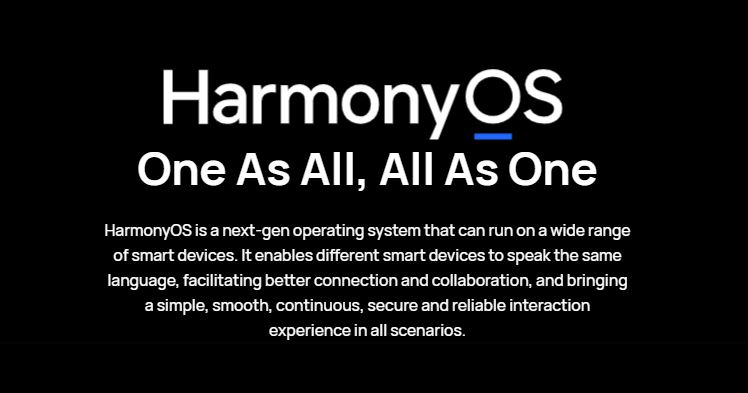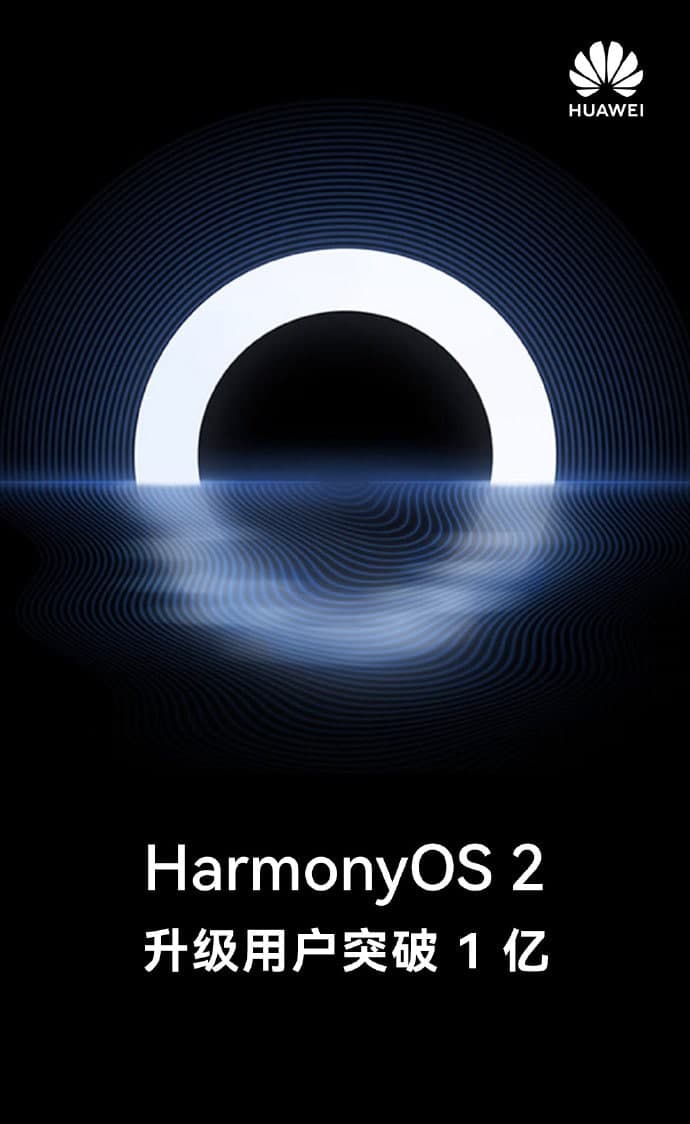HarmonyOS
To compete with Operating System rulers, Huawei HarmonyOS must gather domestic support

China’s ITC or software market level is far behind the US software market. This difference is really big and cant’ be balanced with a single attempt. Many Chinese companies with domestic technologies like Huawei have been squashed by the U.S.
The global chip shortage issue isn’t hidden from any industry and smartphone chips have become the main weakness in the industry. Expertise is still finding the solutions to the problems. However, chip shortage isn’t the only problem, the imposed US sanctions can make the domestic software market and technologies extinct at any time.
Software Market Status:
Moving ahead to the software industry that generally refers to the operating system, including OS, databases, middleware, and programming languages are also stuck. Where the server system is dominating by Linux, the smartphone industry has been captured by American firms such as Apple and Google.
As a matter of fact, a Baidu report reveals that Windows operating system for computers accounts for 89.79% of the market in the Mainland. Furthermore, the macOS of Apple has 6.225% shares in the Chinese market. Same with the other software business like databases, middleware, and programming languages, is ruled by the forging companies.
If we discuss in the figures, Oracle has the major share of the Chinese market for database services. Domestic consumers pay millions of amounts as a service charge. Certainly, it’s a big share for small domestic companies that pays more than half the amount for rental services.
The advancement in cloud computing, 5G, and AI (artificial intelligence) widens the application scope for IoT devices. These are future-oriented technologies that will soon incorporate into any network services. Additionally, Huawei’s “Kunpeng Computing Industry Development White Paper” mentioned, the global computing industry investment will reach 1.14 trillion USD in the next three years.
Not to mention, China is the world’s largest commuting industry with its huge populations and tech companies. If its software market remains weak, there is no room to grow the computing industry.
Besides, the ratio of domestic software and independent intellectual property rights in China is only single digits, which is about 5% or 6%. Other fields may not be the same, but in software, the number is certainly small. There can be two possible situations, first, the future development space is large, and second is the companies that are working in this industry are small.
Market Competition:
Big names such as Microsoft have great influence, even if they focus on a single industry, domestic companies can’t compete against them. After Red Hat, which writes Linux systems, is acquired by IBM, the annual sales are billions of US dollars. Besides, Oracle’s annual revenue registered around ten million USD in the database industry.
Competing against the companies with this much earning and resources is actually difficult for startup companies or small businesses. This low corporate revenue flow will lead to insufficient investment in all aspects. The major companies are reluctant to engage in the research and development of primary software such as operating systems and databases.
Why Domestic Talent isn’t Participating?
The reason is simple, there is a severe shortage of basic software talents in China. Although Chinese academic produces millions of graduates each year, they are mainly engaged in Internet application software, including games, etc. There are only a few thousand people who are willing to work for the development of the underlying operating system.
Moreover, some universities even remove the required courses of operating systems and turn them into elective courses. Now the problem has matured so gravely resulting in no investment, no market, insufficient investment, and gaps in personnel training, and more. The talents are not only missing out on opportunities for the development of the digital economy but there are also welcoming noteworthy risks.
Huawei HarmonyOS needs Domestic Support:
Being one of the shining software companies in China, Huawei and Euler have joined hands with the industry to promote the development of the domestic basic software ecosystem. Speaking of the resources of the company, it has series of Kirin chips, about 180,000 employees, thousands of software engineers, and top 100 software and information technology services.
However, after the US put the company in its entity list, Google withdrawal its support, and the company brought the HarmonyOS operating system. At present, the company has released the HarmonyOS 2.0 that nearly installed over 100 million devices. Meanwhile, the company announces the installation of this software in 300 million devices by the next year.
As of now, HarmonyOS operating system has 5,000 partners of 90 companies, also has other basic software projects-openEuler established in 2019. But, both – HarmonyOS and Euler are in the developing stage, there is more work to do in the coming years. For more stabilization of the company’s software, Huawei is looking for regions and industries that are least controlled by the US.
The company believes that HarmonyOS operating system and other domestic software must to deep-rooted in China as well as in the global market. With the support of domestic talents, the company and the domestic software will soon get recognition in the global market.








